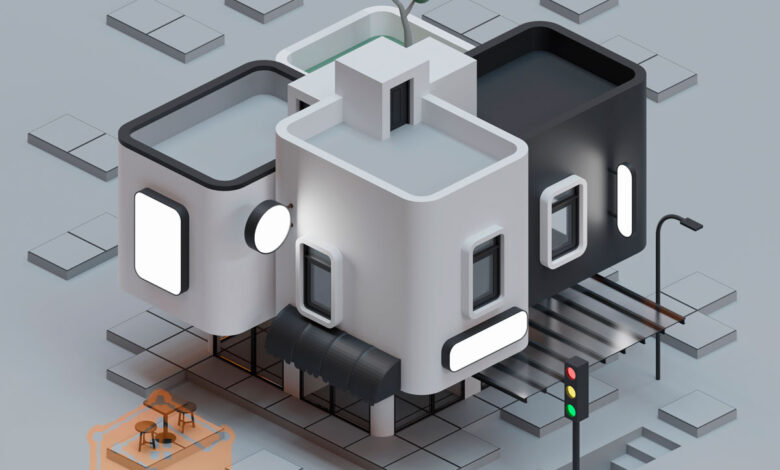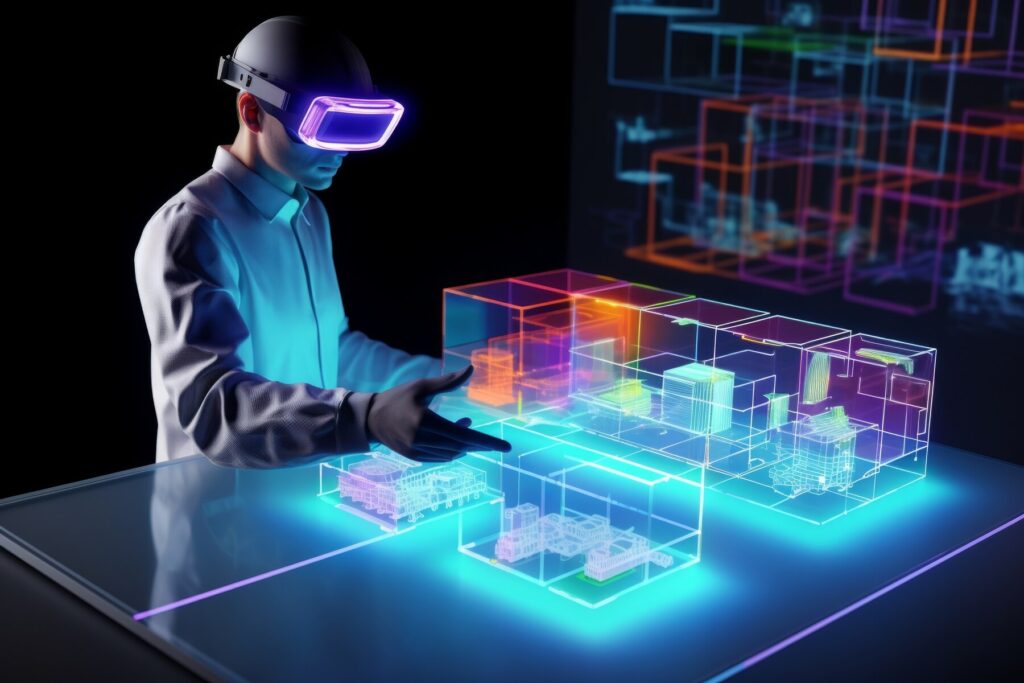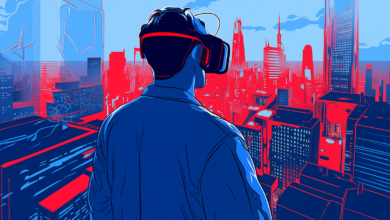10 Artificial Intelligence Technologies for Your Smart Home

In an era of rapid technological advancement, artificial intelligence (AI) has permeated various aspects of our lives, including our homes. From optimizing energy usage to enhancing security and convenience, AI technologies are revolutionizing the way we interact with our living spaces. In this blog post, we’ll explore 10 AI technologies that you can install in your smart home to make it more efficient, secure, and intelligent.
1. AI-Powered Virtual Assistants
2. Smart Thermostats with AI Learning
3. AI-Powered Security Cameras
4. AI-Powered Doorbell Cameras
5. AI-Powered Smoke and Carbon Monoxide Detectors
6. AI-Powered Leak Detection Systems
7. AI-Powered Lighting Systems
8. AI-Powered Robotic Vacuum Cleaners
10. AI-Powered Sleep Trackers

1. AI-Powered Virtual Assistants
Virtual assistants like Amazon Alexa, Google Assistant, and Apple’s Siri have become ubiquitous fixtures in modern homes, offering voice-activated control over various smart devices and services. These AI-powered assistants can answer questions, set reminders, play music, control smart home devices, and even facilitate hands-free communication, making them indispensable companions for smart homeowners.
2. Smart Thermostats with AI Learning
Smart thermostats, such as the Nest Learning Thermostat and Ecobee SmartThermostat, utilize AI algorithms to learn your heating and cooling preferences over time, automatically adjusting temperature settings to maximize comfort and energy efficiency. These devices can also analyze weather forecasts and occupancy patterns to optimize energy usage and reduce utility costs, all while maintaining a comfortable indoor climate.
3. AI-Powered Security Cameras
AI-powered security cameras, such as the Arlo Ultra and Google Nest Cam IQ, employ advanced computer vision algorithms to detect and analyze movement, distinguish between people and objects, and send real-time alerts to homeowners’ smartphones. These cameras can also recognize familiar faces and provide customized notifications, enhancing home security and peace of mind.
4. AI-Powered Doorbell Cameras
Doorbell cameras like the Ring Video Doorbell Pro and Nest Hello use AI technology to offer features such as facial recognition, package detection, and motion detection zones. These devices allow homeowners to see and interact with visitors remotely, deter porch pirates, and monitor package deliveries in real-time, ensuring the security of their homes and valuables.
5. AI-Powered Smoke and Carbon Monoxide Detectors
Smart smoke and carbon monoxide detectors, such as the Nest Protect and First Alert Onelink, leverage AI algorithms to differentiate between false alarms and actual emergencies, reducing the occurrence of nuisance alerts. These devices can also provide remote notifications and alerts to homeowners’ smartphones, allowing them to take swift action in the event of a fire or gas leak.
6. AI-Powered Leak Detection Systems
Leak detection systems, like the Flo by Moen and Phyn Plus, utilize AI technology to monitor water usage, detect leaks, and provide insights into water consumption patterns. These devices can detect abnormal flow patterns and shut off the water supply automatically to prevent costly water damage, offering homeowners peace of mind and protection against plumbing emergencies.
7. AI-Powered Lighting Systems
Smart lighting systems, such as Philips Hue and Lutron Caseta, integrate AI algorithms to adjust lighting levels, color temperatures, and schedules based on user preferences, occupancy patterns, and natural light conditions. These systems can also learn users’ lighting habits over time and suggest energy-saving settings, enhancing comfort, convenience, and energy efficiency in the home.
8. AI-Powered Robotic Vacuum Cleaners
Robotic vacuum cleaners, like the iRobot Roomba and Ecovacs Deebot, employ AI technology to navigate and map indoor spaces, avoid obstacles, and optimize cleaning routes. These devices can learn the layout of your home, adapt to different floor surfaces, and schedule cleaning sessions autonomously, keeping your floors clean and tidy with minimal effort.
9. AI-Powered Home Health Monitors
Home health monitors, such as the Withings BPM Core and QardioBase 2, utilize AI algorithms to track vital signs, monitor heart health, and provide personalized health insights. These devices can measure blood pressure, heart rate, body composition, and other health metrics, empowering users to take control of their well-being and make informed lifestyle choices.
10. AI-Powered Sleep Trackers
Sleep trackers, like the Fitbit Versa and Oura Ring, leverage AI technology to analyze sleep patterns, monitor sleep stages, and provide personalized sleep recommendations. These devices can track factors such as sleep duration, quality, and consistency, helping users identify potential sleep disturbances and improve their overall sleep hygiene for better health and well-being.
In conclusion, artificial intelligence technologies offer a myriad of opportunities to enhance the functionality, efficiency, and convenience of smart homes. By integrating AI-powered devices and systems into your home, you can enjoy greater comfort, security, and peace of mind while reducing energy consumption and improving overall quality of life. Embrace the future of home automation with AI and transform your living space into a truly intelligent and connected environment.





